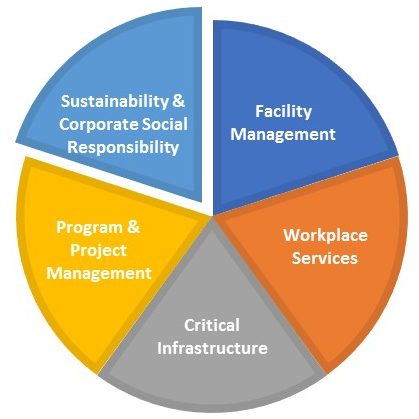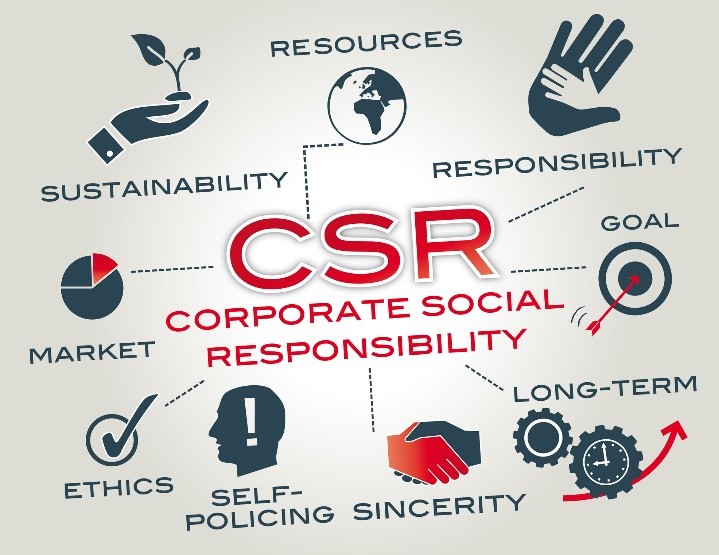| The Global Reporting Initiative (known as GRI) is an international independent standards organization that helps businesses, governments and other organizations understand and communicate their impacts on issues such as climate change, human rights and corruption. As of 2015, 7,500 organizations used GRI Guidelines for their sustainability reports. GRI Guidelines apply to multinational organizations, public agencies, smaller and medium enterprises, NGOs, industry groups and others.
The GRI is an example of an organization that acts outside of the top-down power command structures associated with government (e.g., quasi-autonomous bodies and regulators). Environmental governance is the multifaceted and multilayered nature of “governing” the borderless and state-indiscriminate natural environment. Unlike major protected policy areas such as finance or defense, the environment requires sovereign states to sign up to treaties and multilateral agreements in order to coordinate action. Sustainability reporting is a more recent concept that encourages businesses and institutions to report on their environmental performance. |
 |
 |
The GRI framework aims to enable third parties to assess environmental impact from the activities of the company and its supply chain. The standardized reporting guidelines concerning the environment are contained within the GRI Indicator Protocol Set. The Performance Indicators (PI) include criteria on energy, biodiversity and emissions. There are 30 environmental indicators ranging from EN1 (materials used by weight) to EN30 (total environmental expenditures by type of investment). |
| Let Abraxas’ Energy Consulting Services take the lead e in orchestrating the GRI performance indicators for energy, biodiversity and emissions upon request. on a time & materials basis. | |